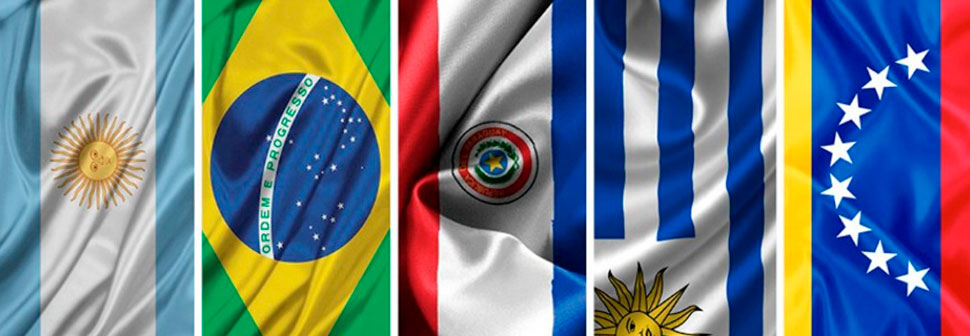Canada and the EU are crucial for Mercosur


As analysts have argued, the protectionist ideology of Donald Trump could, indirectly, improve the political and economic relations between Latin America, the rest of North America –Canada and Mexico– and Europe. And recent meetings between Mercosur, Canadian and EU representatives are confirming this argument. Economies outside South America perceive Mercosur as an important ally that could come handy if the U.S. imposes higher tariffs or any more protectionist measures.
After Trump’s election and Venezuela’s suspension from Mercosur, 2017 has been a year of fruitful meetings for Argentina, Brazil, Paraguay and Uruguay. And, while they’re far from seeing any measurable results, the future looks promising. Mauricio Macri, president of Argentina –which has taken the role of chair of Mercosur–, seems to be leading the free trade negotiations with Canada and the EU. In fact, during his visit to Brazil in last February, Macri stated that 2017 must be the year in which “a historical momentum is given to Mercosur”. He’s certainly keeping his word.
During the last days of April, Canadian media reported the process carried out by Canada’s federal government in light of the possible extension of agreements with Mercosur. According to these reports, the Canadian government started to work on specifying what they need and what they can offer to the South American block. And, even though Canada hasn’t seen eye to eye with Brazil, the size of the South American market is too significant for them to leave behind. While in 2016 trades between Canada and Mercosur accounted for US$8 billion, these numbers could rise in the next few years.
The advances made with Canada are a direct result from the meeting held in past November between Macri and Justin Trudeau. Then, barriers on Canadian imports were lifted and many more industries were in talks for future improvements.
While Macri arranged further negotiations with Italy, Uruguayan president Tabaré Vázquez helped to smooth relations with a EU’s major player, Germany. Not only did it help to recognize the mutual interest in extending commercial relations but also to confirm the respect that Europe has for Latin American economies.
In spite of the doubts that some countries of the EU have, Europe has a clear interest on what Mercosur can provide. Both Mercosur and the EU understand the need for stronger trade agreements and, right now, the political landscape helps to carry on with this purpose. And while France had doubts about Mercosur, the election of Emmanuel Macron could ease things up.
As the image of Mercosur improves and its potential is recognized by major economies, there are also big concerns regarding economic and political harmony inside the South American block. If these differences are reconciled, 2017 could be the most important year for European and South American trade agreements.
LatinAmerican Post | Juan Sebastian Torres





